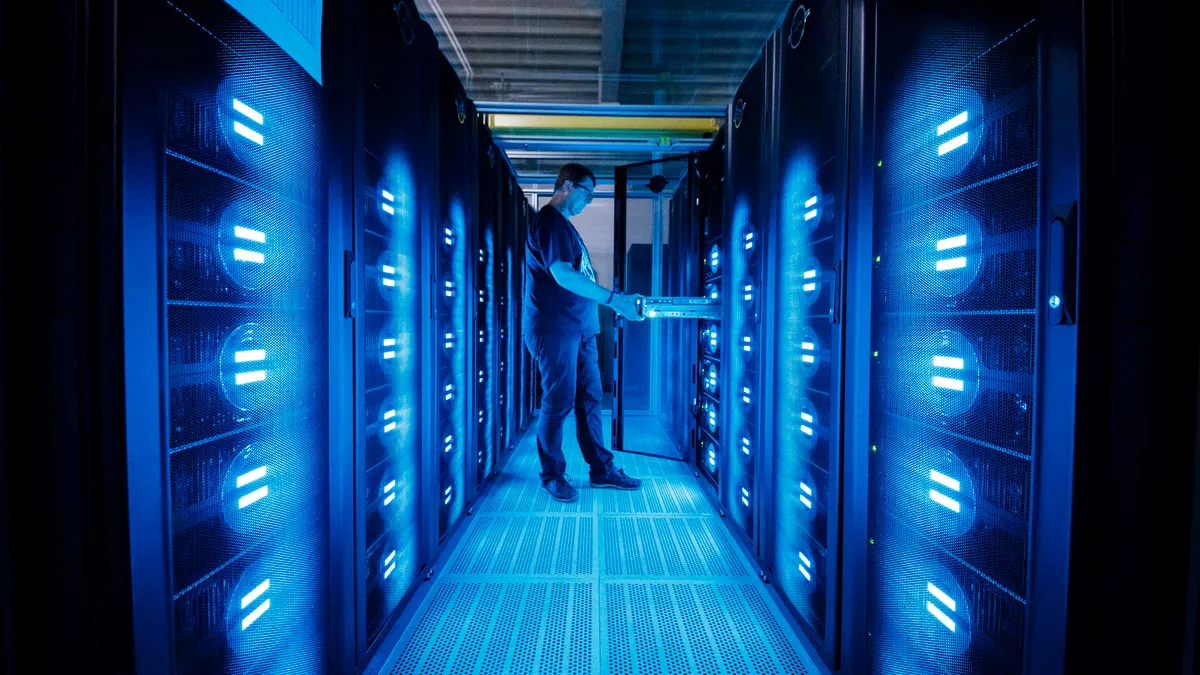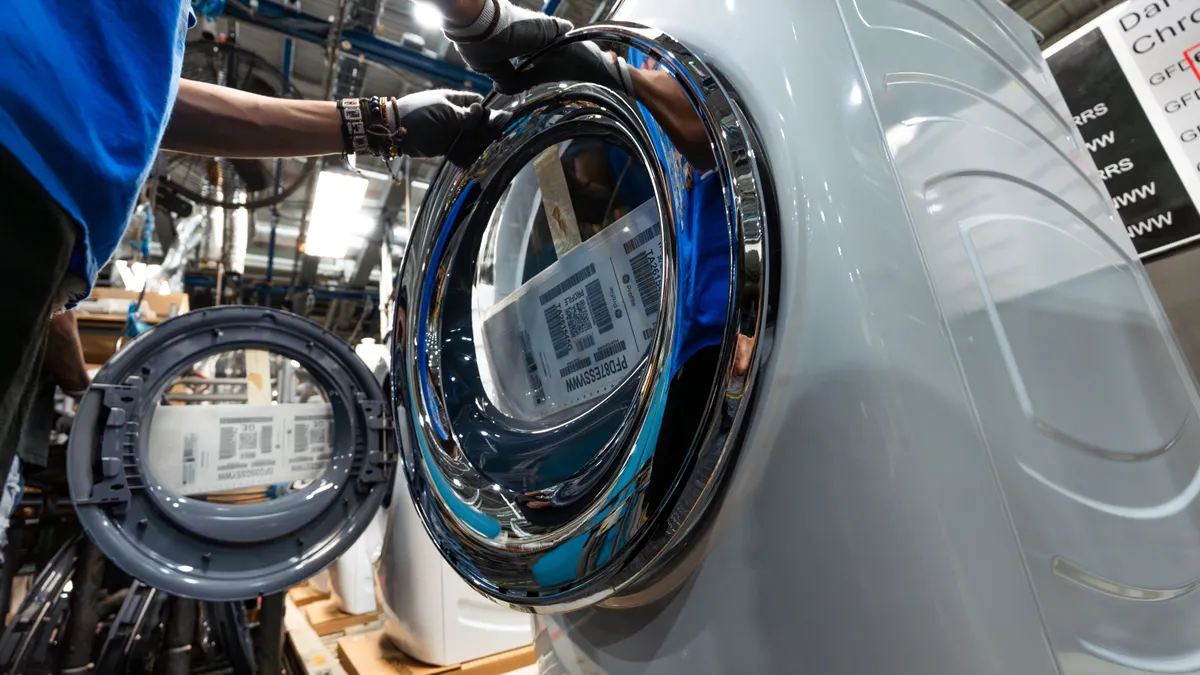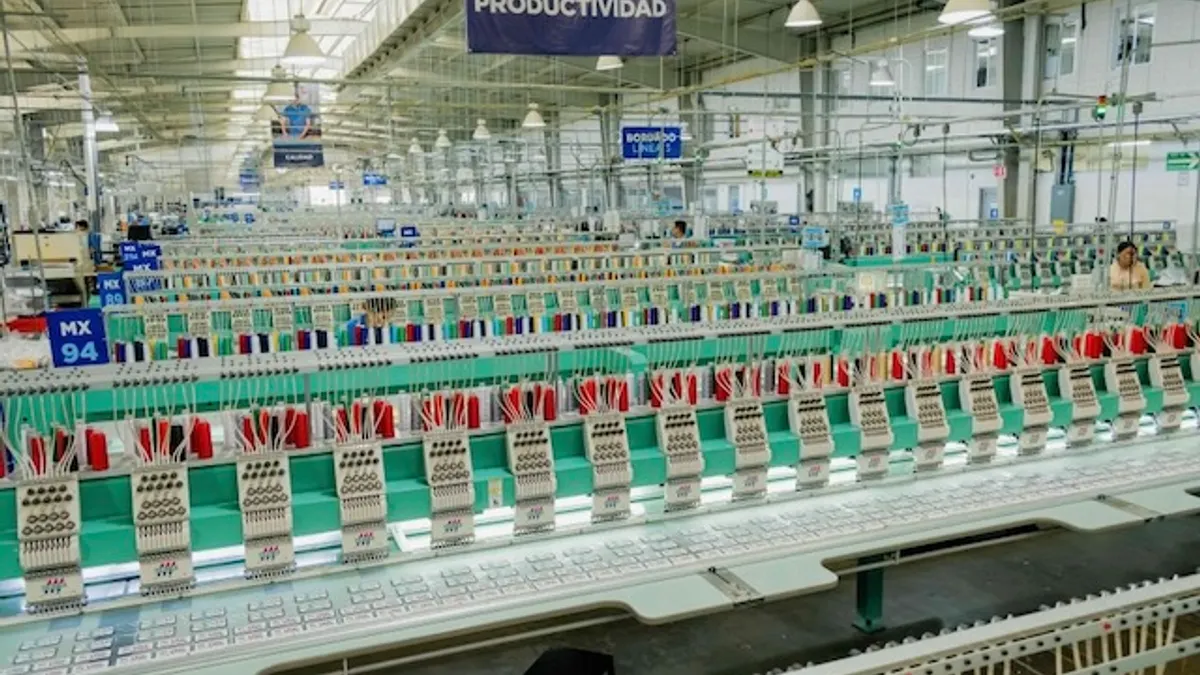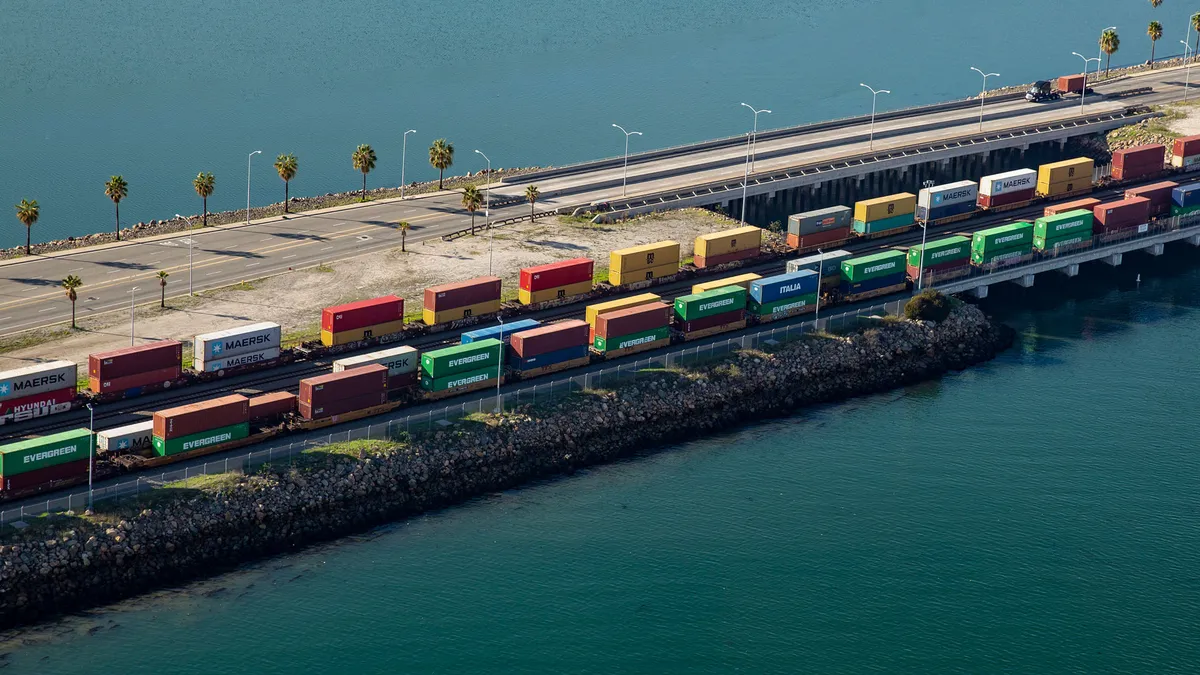This is a contributed op-ed by Lisa Wee, director of sustainability at AVEVA. Opinions are the author's own.
Sustainability has risen on the corporate agenda in the wake of the pandemic. Events of the last year have elevated the significance of environmental, social and governance standards as companies look beyond short-term profits toward building back better. The trend has been gathering steam for several years now, as environmental, and social performance has migrated closer to the core of business operations.
Over the past decade, companies have been increasingly feeling a responsibility to demonstrate that they care about the environment, and that concern is reflected in the interests of our communities, investors and regulators. In some ways, the pandemic has accelerated that trend.
The majority of businesses around the world — including across the supply chain and industrial sector — have embraced sustainability reporting standards. Approximately 80% of companies in 52 countries now report on sustainability, an increase of 5% since 2017, according to a December KPMG Impact survey that analyzed a one-year period ending June 2020. While North America has the highest reporting rate on this key metric, 90%, there has been a surge in integrated reporting around the world, including France, Malaysia, India and Japan.
Make the most of deeper intelligence
Sustainability reporting is just the start. In the coming decade, AVEVA believes that sustainability will become essential to industrial business models across the value chain — from sourcing and supply chain matters through to the production line and end-of-asset lifecycles.
The future belongs to companies that make the most of deeper intelligence to drive win-win outcomes for business and the environment and empower future workforce generations, while supporting efficient, connected and sustainable working models.
Indeed, with their symbiotic relationship, digitization and sustainability can be seen as two sides of the same coin.
For industrial businesses looking to make their operations more sustainable, digitization lays the foundation for a deeper understanding ...

Software can be used to support long-term, sustainable value creation that mutually benefit people and the planet by plumbing specialist capabilities into the scale and scope of the cloud to deliver new insights and digitally transformed ways of working. This can enable improved engineering, operations and performance outcomes that can also bring diverse environmental and social benefits for customers.
Embedding sustainability into your business takes time and is best approached as a journey. Aligning on priorities and auditing current capabilities are important first steps. Evaluating your technology capabilities in particular has become an increasingly important part of this process.
For industrial businesses looking to make their operations more sustainable, digitization lays the foundation for a deeper understanding of opportunities, enables real-time monitoring and can accelerate overall progress. As such, it is generally a natural next step for many companies.
But as each business progresses along its sustainability journey, the process will continue to reveal new ways it can harness the power of digital technology to reduce the business’ environmental footprint and contribute to society.
Digitization benefits
Some benefits of digitization can be felt almost immediately.
In Batam, Indonesia, a smart factory team at Schneider Electric used a lean discrete management software, which enabled the plant to streamline its operations in the cloud. By putting data into the hands of the team operating the facility, operational efficiency was improved through real-time performance tracking and digital escalation for faster decision making. Downtime decreased 44% and energy savings of 21% were delivered.
Similarly, a major global player in the energy space was able to realize $1 billion in savings by deploying and digitalizing their value chain and data.
As the push toward Industry 4.0 gathers steam, the next step will be for consumers and companies to find new ways to collaborate and use the wealth of data ...

Smart industrial software already does a great deal to enable greater sustainability, including by helping businesses to reduce their emissions, moving toward being more circular and making advances on traceability and product quality.
As the push toward Industry 4.0 gathers steam, the next step will be for consumers and companies to find new ways to collaborate and use the wealth of data now available to them to accelerate progress on achieving key sustainability targets, such as the 2030 U.N. Sustainable Development Goals and limiting global warming to 1.5˚C. Only then will we really know if we are on track to realize a more sustainable future.
This story was first published in our weekly newsletter, Supply Chain Dive: Operations. Sign up here.






















